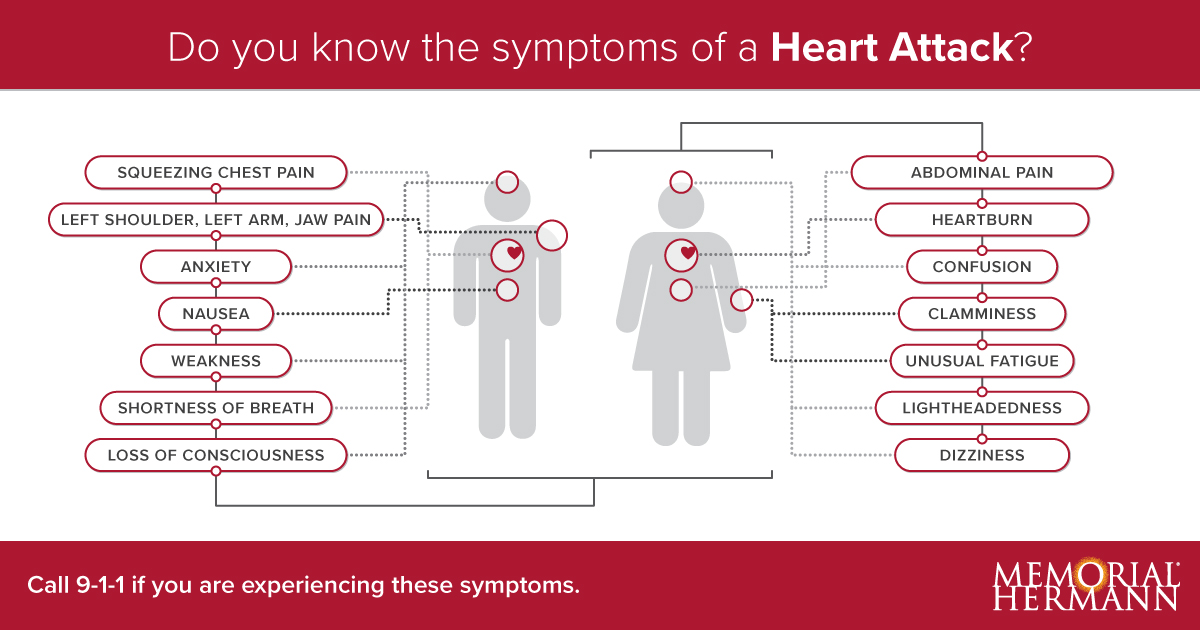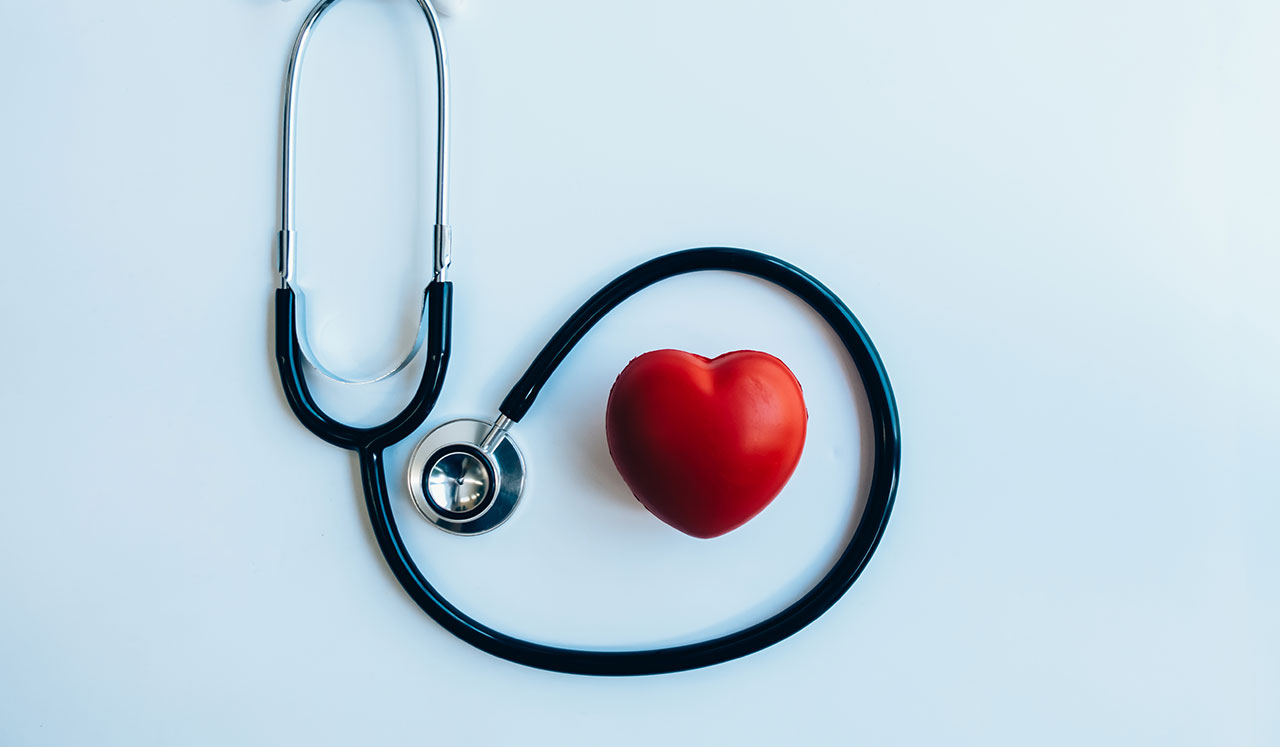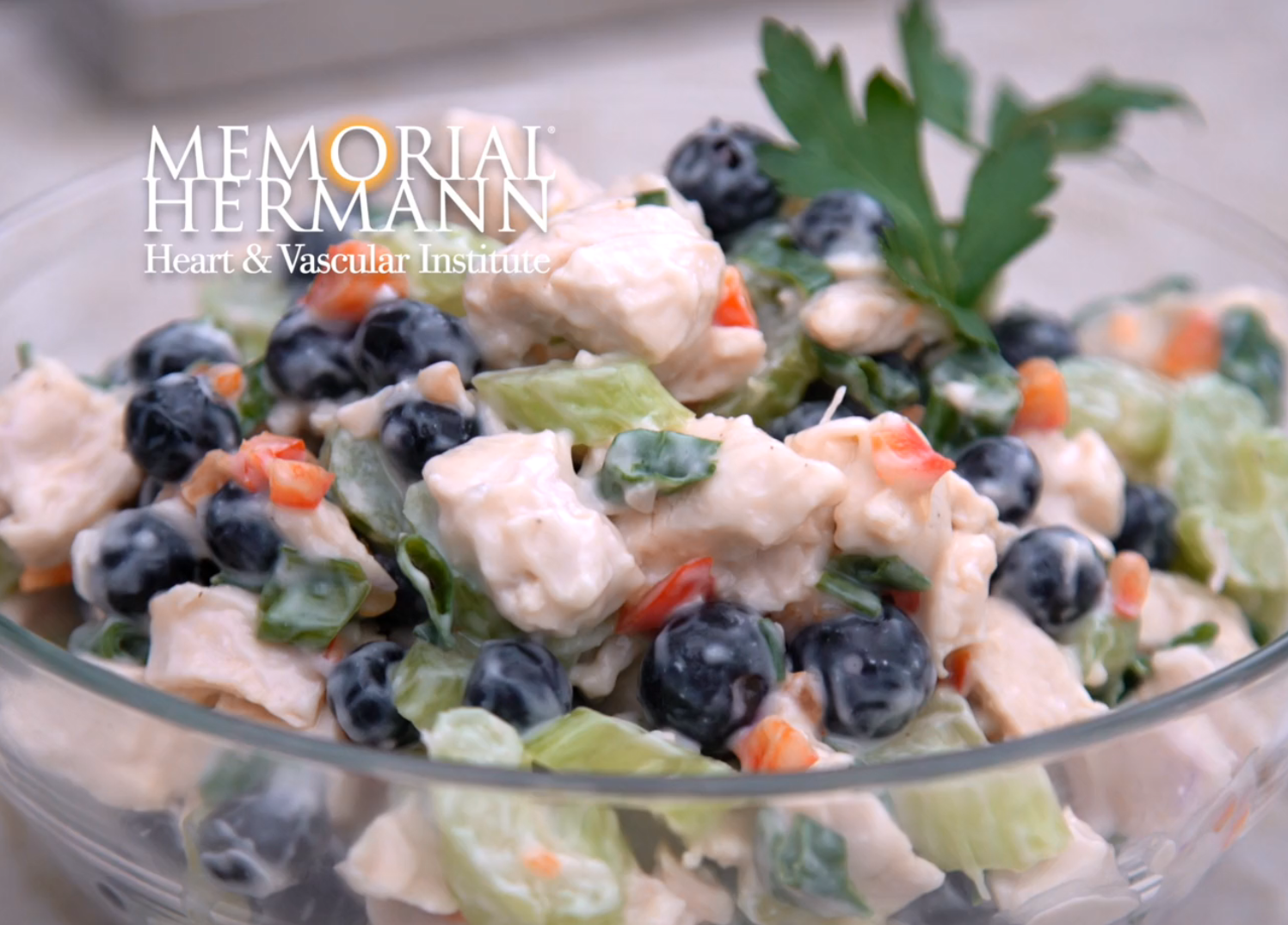
Don’t be a statistic
Memorial Hermann is here to help guide you and your family in making beneficial choices about your heart health.
It's never too late to be fit and fabulous! Heart health is your best friend at any age. If you're over 50, it's time to take your personal risk factors to heart – and be aware of warning signs that could save your life or the life of someone you love.
Did You Know?
- Heart disease is the number one killer of both men and women in the United States, causing more deaths than all forms of cancer combined. In men, the risk for heart attack increases significantly after the age of 45. In women, heart attacks are more likely to occur after the age of 50.
- A heart attack strikes someone about every 34 seconds. How much do you really know about your heart health?
- It’s easy to be lulled into the misconception that heart disease only happens to someone else.
- While most heart attack victims are middle-aged or older, the truth is that heart disease can affect anyone, of any age, even those who exercise and eat all the right foods.
- According to the Centers for Disease Control and Prevention (CDC), 805,000 people in the United States have a heart attack each year. Of these, 605,000 are a first time occurrence.
Five Facts About Heart Disease to Live By
1. Keep Moving
If you haven’t been exercising at all, it’s never too late to start. The older we get, we are tempted to find excuses to avoid physical activity. If exercise is new to you, talk with your doctor about which activities are preferable. Even short walks offer advantages to your heart.
According to research by the American Heart Association, physically active middle-aged adults have a low risk of sudden cardiac arrest. The results confirm that there are significant benefits to middle-agers who exercise.
If you are in your 50s, try for a minimum of 30 minutes of exercise most days of the week. If you are in your 60s or beyond, try for 150 minutes of moderate intensity or 75 minutes of vigorous intensity aerobic physical activity each week.
2. Your Age Alone May Put You at Increased Risk for Heart Disease
Your risk for heart disease increases with age, especially with people of color and for those who are over 65. While the average age for a heart attack is 64.5 for men, and 70.3 for women, nearly 20% of those who die of heart disease are under the age of 65.
3. Your Other Risk Factors are Important
Know your personal risk factors. Some you are born with and some you cannot control:
- Your age
About 82% of people who die of coronary heart disease are 65 or older. At older ages, women who have heart attacks are more likely than men to die from them within a few weeks. - Your gender
Men have a greater risk of having a heart attack than women do, and they have attacks earlier in life. Women’s death rate from heart disease increases after menopause, but it is still not as great as men’s. - Your family tree
Children of parents with heart disease are more likely to develop it themselves, especially if a father or brother was diagnosed before age 55, and a mother or sister diagnosed before age 65. Most individuals with a strong family history of heart disease have one or more other risk factors.
Risk factors that you may be able to do something about include:
- Cigarette smoking
Smoking is the most preventable cause of premature death in the U.S. Many studies report that cigarette smoking is a major cause of coronary heart disease. - High blood pressure
Blood pressure is the force of blood pushing against the walls of the arteries as the heart pumps blood. If this pressure rises – and stays high over a period of time – it damage the body in many ways. Basically, high blood pressure increases the heart’s workload, making the heart muscle thicken and become stiffer. - Your activity levels
Physical activity will help prevent heart and blood vessel disease. - Your weight
Being obese and overweight – especially if much of it is at the waist – increases the heart’s work and raises blood pressure and blood cholesterol and triglyceride levels, and lowers HDL (good cholesterol) levels. - Unhealthy diet
Choose foods low in saturated fats, cholesterol, sodium and added sugars. Include foods like colorful veggies and fruits, fiber-rich, whole-grains, lean meats, skinless chicken and fish (rich in mega-3s), and fat-free, 1% fat and low-fat dairy. Your heart will get the nutrients it needs and you will better manage your cholesterol and blood pressure.
Don’t consider yourself “safe” if you have only one risk factor. The greater the level of each risk factor, the greater the risk.
The National Heart, Lung, and Blood Institute (NIH), reports that more than 80% of women age 40-60 have one or more risk factors for coronary heart disease. Many risk factors begin during childhood.
4. Symptoms of a Heart Attack
Would you be able to tell if you are having a heart attack? One of the reasons heart disease is so deadly is that many people do not seek help fast enough when symptoms appear. Sometimes the tendency is to wait to see if the symptoms go away. Doctors warn against ignoring these signs, especially for those who are over 65.
Warning signs include:
- Chest pain. Most heart attacks start slowly and involve pain in the center of the chest that lasts more than a few minutes, or disappears and then returns. It may feel like uncomfortable pressure or a squeezing sensation.
- Discomfort in other areas of the upper body, including pain in one or both arms, the back, neck, jaw or stomach
- Shortness of breath
- Other signs may include breaking out in a cold sweat, having nausea or light-headed.
The most common heart attack symptom for both men and women is chest pain or discomfort. But women can experience a heart attack without chest pressure and they are more likely to experience some of the other symptoms, particularly shortness of breath/fainting, nausea/vomiting or back and jaw pain.

5. Seconds Count
Immediately call 911 if you are having any of these symptoms or if you see someone else experiencing one or more of these symptoms. According to the American Heart Association, time is muscle. During a heart attack, every minute that passes causes more of the heart muscle to die.
The good news is that most heart attacks today are not fatal. Thanks to advances in diagnosis, medication, and life-saving technology, survival odds keep getting better. Heart attack and stroke victims can benefit from new medications and treatments that were unavailable to patients in previous years.
But don’t wait more than five minutes to call 911 or your emergency response number. Emergency medical services (EMS) personal can immediately begin treatment when they arrive – up to an hour sooner than if you travel by car to the hospital.
Remember: your life or the life of a loved one may depend on what you do in these all-important minutes.
In the meantime, you have the power to reduce and control some of your risk factors. Start today!

How to be Heart Healthy
Know why and how to take care of your heart in your late 30s to your early 50s.
Read More


Contact Us
Please fill out the fields below and we will contact you, or call (713) 222-2273 for more information.